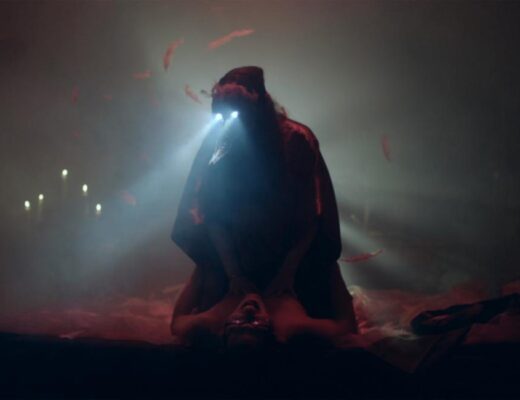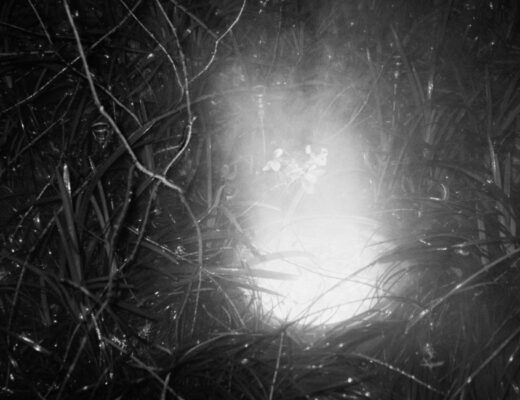The year 2000 was a watershed year for Chinese-language cinema. Milestones like Crouching Tiger, Hidden Dragon and In the Mood for Love and Yi Yi saw release alongside lesser-known, but equally important, films like Jia Zhangke’s Platform and Jiang Wen’s Devils on the Doorstep (in the Mainland) and Johnnie To’s Needing You… and Fruit Chan’s Durian Durian (in Hong Kong). It was also the year of Lou Ye’s second feature, Suzhou River, a beguiling amalgam of Hitchcock and Wong Kar-wai, New Wave indie aesthetics and post-modern narrative trickery. It begins with images of Shanghai captured from a boat floating along the eponymous river; our narrator, referred to only as “The Videographer,” tells us about his hobby of filming everything he sees, and also tells us about a woman he loves, Meimei (Zhou Xun), who dresses like a mermaid and swims at the Happy Tavern. Meimei once told our narrator about a man named Mardar, who loved a woman named Moudan (also Zhou Xun) so much that he searched for her for years. When Meimei leaves, the Videographer begins to assemble the story of Mardar and Moudan. At first, he seems to be assembling it out of his own footage and imagination, but gradually his story comes to resemble a conventional film. From here, things quickly change from a simple tale of love into a petty crime saga — and then, Suzhou River reverts back to a love story, as the Videographer’s life intersects uneasily with the story he’s telling.
An overpowering mood of longing and regret and passion, like Fallen Angels mixed with Vertigo — but at the same time, Suzhou River is so distanced by the narrative game-playing that extracting anything more meaningful becomes impossible.
Like Dark Passage or The Lady in the Lake (or now, twenty years after it was shot, any number of video games), Suzhou River is told from the first-person perspective of the Videographer, and that subjective point of view bleeds into the story that he’s telling us, such that even when we see — apparently objectively — images of Mardar and Moudan, the feeling of subjectivity, of construction, of fabrication remains. Just as the narrative leaps beyond the Videographer’s control, from a thing imagined to a reality he and his girlfriend come to interact with, so does our relation to the images, twisting in and out of subjectivity, like a Möbius strip — we’re never sure what is ‘real’ and what is ‘story.’ The result is an overpowering mood of longing and regret and passion, like Fallen Angels mixed with Vertigo — but at the same time, Suzhou River is so distanced by the narrative game-playing that extracting anything more meaningful becomes impossible. Everything is feeling, but nothing feels real. Meimei tells the Videographer about Mardar and says that “everyone should have a love story like that.” And so, during one of her many absences, he makes one up. He tells himself the story, not in order to live it, but simply to pass the time when life should be happening around him, but movies are instead.
Part of Lou Ye: Every Face Is a Mask.







